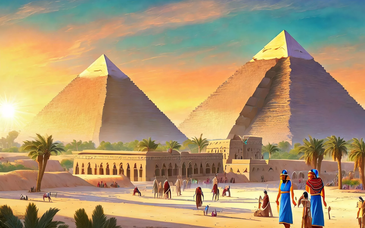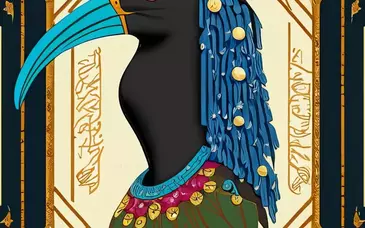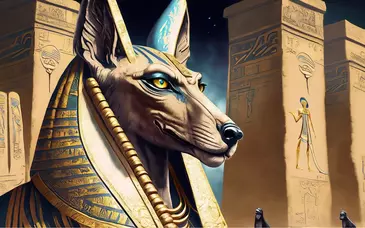Egypt, a country steeped in history and culture, has captivated the imaginations of people for centuries. From the majestic pyramids of Giza to the vibrant bazaars of Cairo, Egypt offers a mesmerizing blend of ancient wonders and modern-day experiences.
- Geographic Features: Egypt is located in North Africa, bordering the Mediterranean Sea and the Red Sea. It is characterized by arid deserts, fertile river valleys, and an abundance of ancient ruins.
- Climate: Egypt has a hot, dry climate, with average temperatures ranging from 77°F (25°C) in the winter to 104°F (40°C) in the summer. The Nile River, flowing through the country, provides a vital source of water and fertile land.
- Population: Egypt is the most populous country in the Arab world and the third most populous in Africa, with a population of over 100 million people. The majority of Egyptians are Muslim, with a significant Christian minority.
- Languages: The official language of Egypt is Arabic. English is also widely spoken, particularly in tourist areas.
- Economy: Egypt's economy is based on tourism, agriculture, and oil and gas exports. The country is home to some of the world's most important archaeological sites, including the pyramids of Giza and the Valley of the Kings.
- Culture: Egyptian culture is rich and diverse, influenced by ancient traditions, Islamic beliefs, and a blend of modern influences. The country is known for its vibrant arts and crafts, its delicious cuisine, and its lively festivals.
Egypt is a country of contrasts, where ancient wonders stand alongside modern developments. It is a place where history comes alive, and where cultures intertwine. Whether you are interested in exploring ancient pyramids, witnessing bustling bazaars, or experiencing the rich flavors of Egyptian cuisine, Egypt has something to offer everyone.


